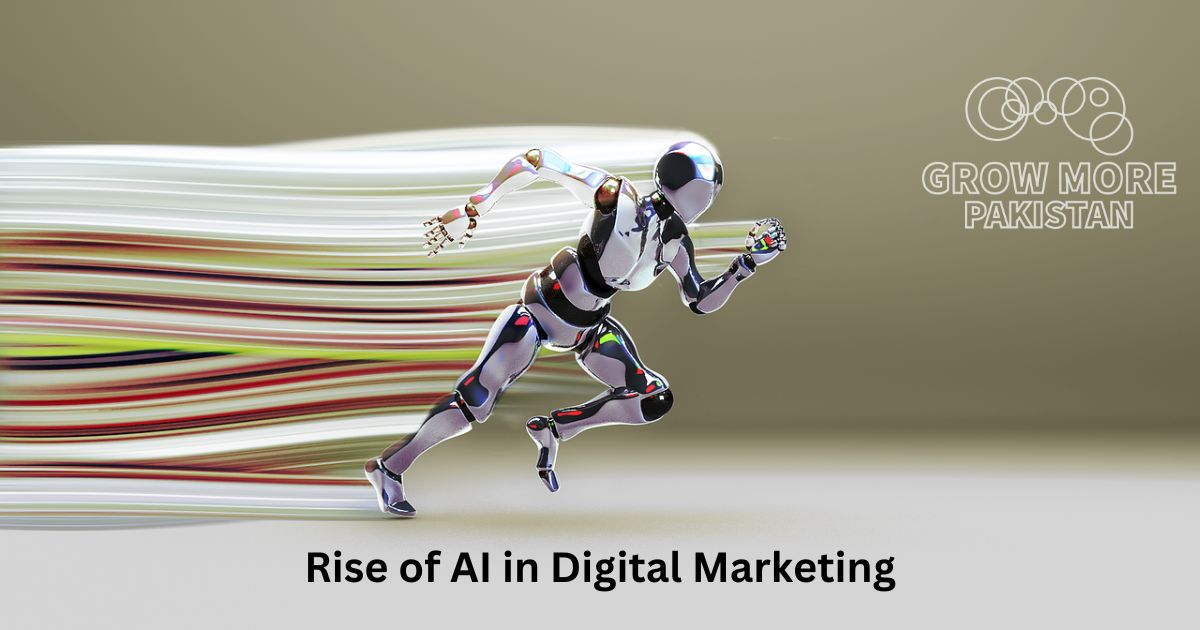Introduction:
As technology continues to advance at an unprecedented pace, the role of artificial intelligence (AI) in various industries has become increasingly prominent. In the realm of digital marketing, the integration of AI has sparked discussions about its potential to replace certain human-driven aspects of the profession. In this post, we’ll explore the evolving landscape of digital marketing and delve into the question: Will AI eventually replace human expertise? And What is the Future of Digital Marketing?

The Rise of AI in Digital Marketing
AI has already made significant inroads in digital marketing, offering powerful tools and solutions that streamline processes, analyze vast amounts of data, and enhance the overall efficiency of campaigns. Machine learning algorithms, natural language processing, and predictive analytics have become integral components, automating tasks such as data analysis, audience segmentation, and even content creation.

The Power of Automation
One of the primary advantages of AI in digital marketing lies in automation. AI-driven tools can automate routine tasks, allowing marketers to focus on more strategic and creative aspects of their campaigns. Automated ad placements, personalized content recommendations, and chatbots for customer interactions are just a few examples of how AI is transforming the marketing landscape.
Enhancing Personalization and Customer Experience
AI excels in processing vast amounts of data to understand customer behavior and preferences. This enables marketers to deliver highly personalized experiences, from targeted advertisements to tailored product recommendations. As AI algorithms become more sophisticated, they can adapt in real time to changes in consumer behavior, providing a level of personalization that would be challenging to achieve manually.
The Human Touch in Creativity and Strategy
While AI demonstrates remarkable capabilities in automation and data analysis, there are aspects of digital marketing that require a unique touch of human creativity and strategic thinking. Crafting compelling narratives, understanding cultural nuances, and building emotional connections with audiences are areas where human expertise remains irreplaceable.
Striking a Balance
The future of digital marketing may not be a complete takeover by AI but rather a harmonious collaboration between artificial intelligence and human expertise. Marketers can leverage AI tools to enhance efficiency, gain valuable insights, and optimize campaigns, allowing them to focus on higher-level strategy, creativity, and relationship-building.
Conclusion:
As AI continues to evolve, its role in digital marketing is likely to expand. However, the nuanced and creative aspects of marketing that require human intuition, empathy, and understanding may remain beyond the reach of AI. The future of digital marketing lies in finding the right balance, where AI augments human capabilities, empowering marketers to navigate the complexities of the digital landscape with agility and innovation. Embracing this synergy ensures that the future of digital marketing is not a replacement but a collaboration between the precision of AI and the ingenuity of human expertise.
